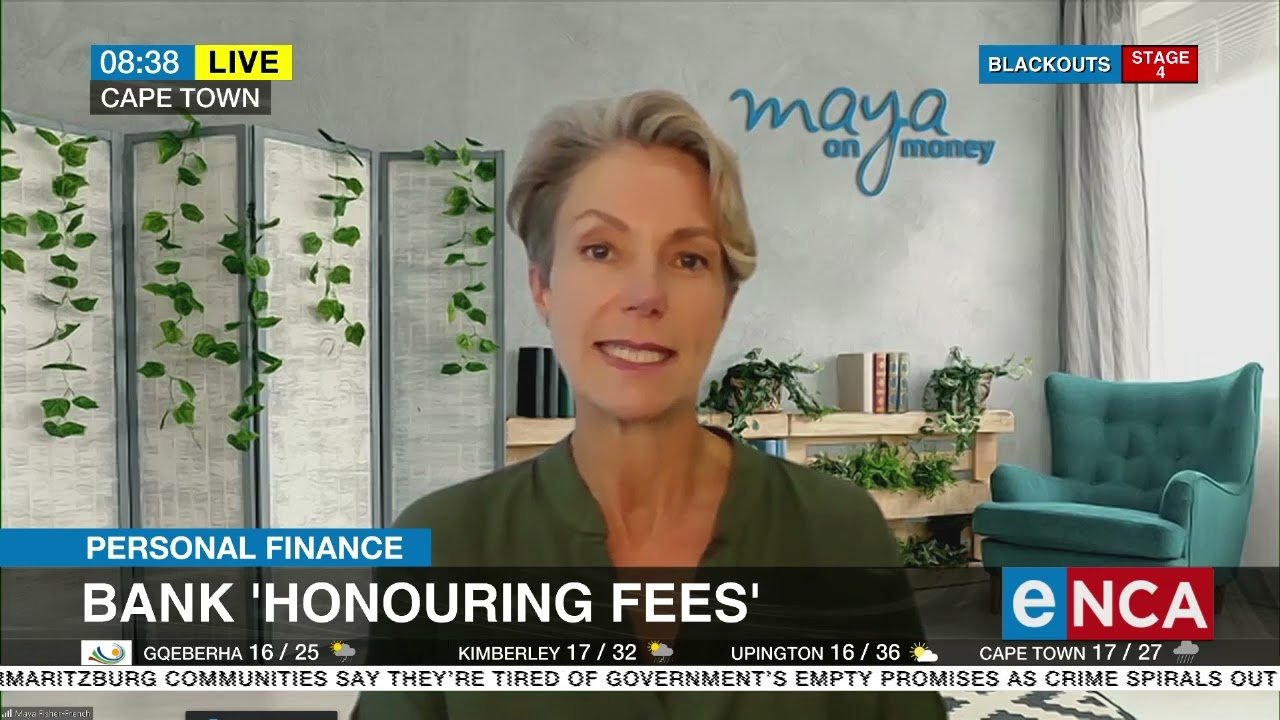Discussion | Personal Finance | What Is A Bank 'Honouring Fee'?
Unleash Your Creative Genius with MuseMind: Your AI-Powered Content Creation Copilot. Try now! 🚀
Have you ever gone on a shopping spree without keeping a close eye on your spending? If so, you might have experienced the shock of discovering that you've exceeded your credit limit and been hit with an honoring fee by your bank. In this article, we will delve into the world of honoring fees and how they can impact your financial well-being.
What is an Honoring Fee?
To put it simply, an honoring fee is a charge imposed by a bank to honor a payment that you don't have enough funds in your account to cover. This fee is most commonly associated with debit orders, where the bank allows the transaction to go through to save you from embarrassment. For example, if you don't have enough money in your account to cover your insurance premium payment, the bank may honor the payment so that your policy remains active. However, you will be responsible for paying the honoring fee.
Do All Banks Have Honoring Fees?
Interestingly enough, the existence and application of honoring fees vary among banks. After receiving a complaint from a reader about being charged an honoring fee on their credit card, I decided to investigate further.
Standard Bank, for example, charges honoring fees on their credit cards taken out before 2007, but this does not apply to other banks. The reason for this distinction could be related to the National Credit Act, which prohibits the charging of honoring fees on credit cards. In fact, no other bank charges honoring fees for credit cards. Capitec Bank allows credit card holders to go over their limits without a fee, as long as they are in good standing. On the other hand, most banks allow for transactions to exceed the account balance on current accounts, resulting in potential honoring fees for debit orders.
Nedbank stands out as the only bank that refuses to allow debit orders to go through if there are insufficient funds in the account. However, FNB, Absa, and FNB charge fees of up to 200 Rand for allowing debit orders to be honored. It is clear that the policies surrounding honoring fees differ from one bank to another.
The Accumulative Cost of Honoring Fees
Upon examining these fees and penalties, it becomes apparent that they can add up quickly, potentially causing financial strain if you are not mindful of your cash flow management. Therefore, it is crucial to be aware of whether your bank charges honoring fees and to take precautions to avoid them.
Avoiding Honoring Fees
Now that you understand the impact of honoring fees, you might be wondering how to avoid them altogether. Unfortunately, most banks do not proactively warn customers about their account balances or impending transactions that could lead to honoring fees.
To address this issue, it would be beneficial for banks to send SMS alerts to customers, warning them about low account balances or potential overdrafts. By providing timely notifications, banks can empower customers to make informed financial decisions and avoid the unpleasant surprise of an honoring fee. Additionally, banks should show more transparency in their fee structures, ensuring that customers are aware of the potential costs associated with overdrawing or exceeding credit limits.
In conclusion, honoring fees are not to be taken lightly. They can have a significant impact on your finances if you're not careful. By staying informed about the fee policies of your bank and practicing good money management, you can avoid these fees and maintain better control over your finances. It's time for banks to step up and be more proactive in helping their customers avoid unnecessary charges.

Related Recaps
- Người bạn đồng hành đầu tiên của Cúp truyền hình | Nhật Ký 28/04 | Cúp TH 2023 |
- What's a Donkey Poodle?
- Chuck Went Searching For Shaq’s Playoff Career-High 🤣 | EJ's Neat-O Stat
- [F4A] [F4M] Secretly Going Out With Your Best Friend's Sister [ASMR GF] [Friends to Lovers] [Shy]
- THE MAN FROM THE WINDOW IN REAL LIFE #shorts